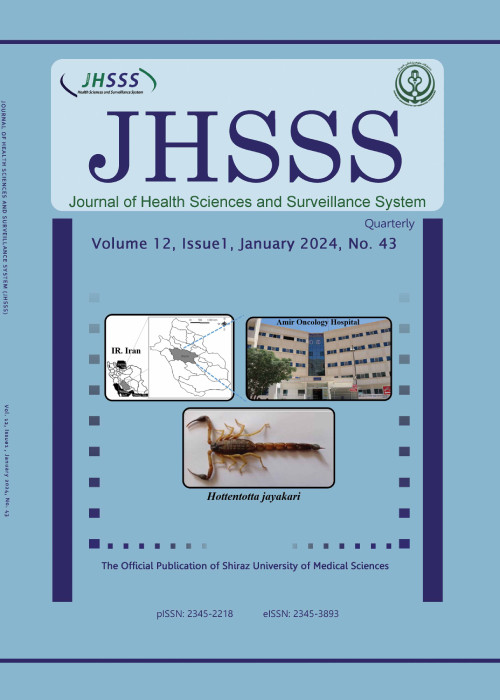Internet addiction is likely to increase in home quarantine caused by coronavirus disease 2019 (COVID 19)
In December 2019, in Wuhan, China, a group of acute respiratory illnesses was diagnosed with unknown etiology, which today is known as Coronavirus disease 2019 (COVID 19) [1]. Coronavirus is a single-stranded RNA virus that affects both humans and animals. The disease spread rapidly throughout China and other countries [2, 3]. In January 2020, the World Health Organization (WHO) announced the outbreak of the new coronavirus as the sixth public health emergency of international concern [4]. In general, the first step in preventing the spread of infectious diseases is quarantine and isolation; in public health, quarantine means separating and keeping people at risk of contracting an infectious disease, including travel bans, daily commutes, and public gatherings. Isolation also means isolating the infected people [5]. For the first time, China's National Health Commission has implemented quarantine and isolation of people at risk and patients with COVID 19, and other countries have taken action following the outbreak [6]. Usually, people who experience quarantine have unpleasant feeling about it. Cases such as separation from loved ones, loss of freedom, insecurity about illness, and boredom can have many negative psychological burdens, for example disorders such as anxiety, depression, dysfunction, or unwillingness to work [7]. In addition to the fear and anxiety caused by the virus, other factors can negatively affect a person's mental health. One of these factors is Internet addiction [8]. The Internet is an essential and integral part of the new lifestyle. The term Internet addiction refers to the psychological dependence on the use of the Internet, which is a problematic behavior in human interaction with technology that can have significant effects on increasing stress, depression and social communication disorders [9]. In general, it can be said that three personal, social and internet factors play a role in Internet addiction. Personal factors are related to individual characteristics such as introversion, inability to communicate sufficiently, and low self-efficacy. Internet factors also include more time to use the Internet, easier access to the Internet, and superior Internet skills. Social factors also include low family support and sociological problems of the individuals. The important point is that the combination of social and personal factors can have a significant impact on Internet addiction [10]. Due to the prevalence of COVID 19 and home quarantine and lifestyle changes, Internet addiction is one of the disorders that can increase dramatically. On the other hand, Internet addiction can increase the chances of developing other mental disorders such as anxiety and depression. Internet addiction can also endanger a person's physical health and reduce social, occupational, and recreational activities. Applying educational and counseling programs (virtually via the Internet and the media) to help reduce the psychological problems of Internet addiction and provide solutions in this course can be helpful.
- حق عضویت دریافتی صرف حمایت از نشریات عضو و نگهداری، تکمیل و توسعه مگیران میشود.
- پرداخت حق اشتراک و دانلود مقالات اجازه بازنشر آن در سایر رسانههای چاپی و دیجیتال را به کاربر نمیدهد.


